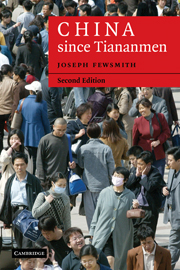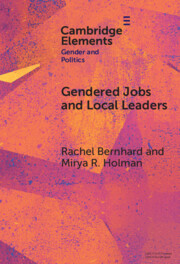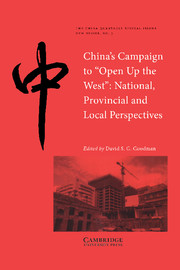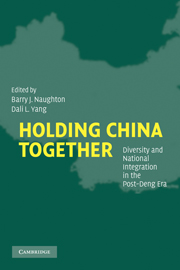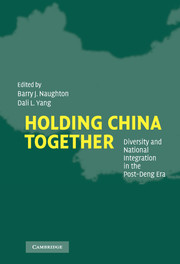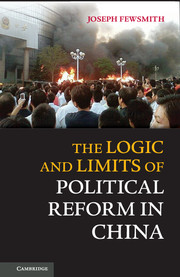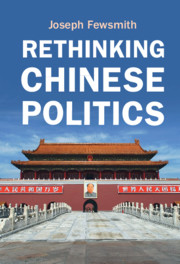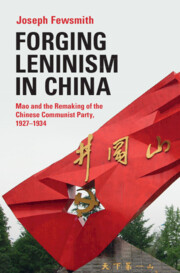China since Tiananmen
In this edition of his path-breaking analysis of political and social change in China since the crackdown in Tiananmen Square in 1989, Joseph Fewsmith traces developments since 2001. These include the continuing reforms during the final years of Jiang Zemin's premiership and Hu Jintao's succession in 2002. Here the author also considers social trends and how Chinese citizens are starting to have a significant influence on government policies. As Fewsmith - a highly regarded political scientist and a seasoned China-watcher - observes, China is a very different place since Tiananmen Square. In the interim, it has emerged from isolation to become one of the most significant players on the world stage. This book explains the forces that have shaped China since Tiananmen.
- Covers the evolution of Chinese society, intellectual discussion, and politics between 1989 and the present
- The second edition offers an updated treatment of contemporary China since 2001
- Enables readers to understand the state-society relationship in China and how Chinese leaders and intellectuals see their society
Product details
September 2008Paperback
9780521686051
358 pages
226 × 152 × 21 mm
0.58kg
5 tables
Available
Table of Contents
- Part I. Line Struggle Revisited: The Attack on Deng's Reform Program:
- 1. Tiananmen and the conservative critique of reform
- 2. Deng moves to revive reform
- Part II. Redefining Reform: The Search for a New Way:
- 3. The emergence of neoconservatism
- 4. The enlightenment tradition under challenge
- 5. The emergence of neostatism and popular nationalism
- Part III. Elite Politics and Popular Nationalism:
- 6. Jiang Zemin's rise to power
- 7. Elite politics in an era of globalization and nationalism
- Part IV. A New Era in Chinese Politics:
- 8. Hu Jintao takes over: a turn to the left?

